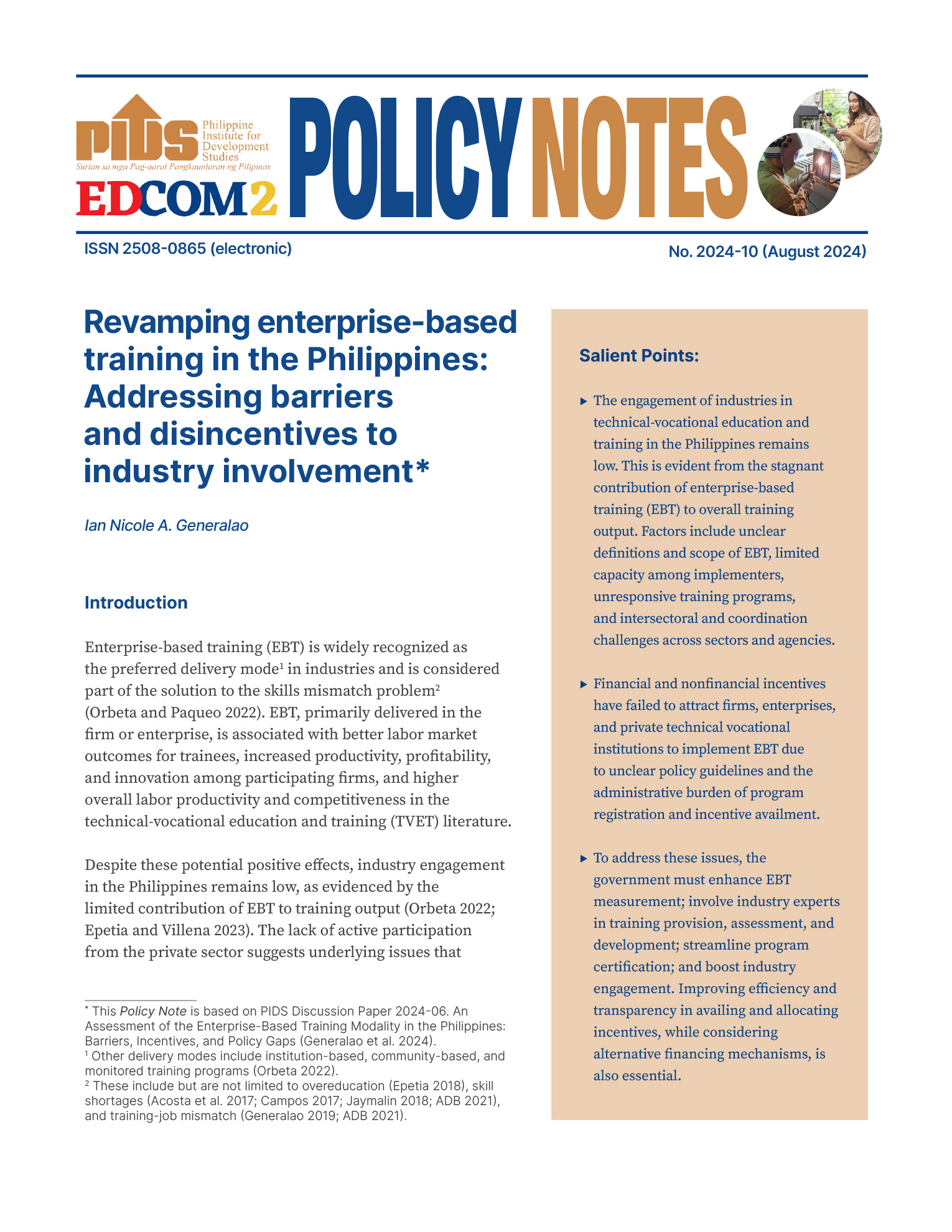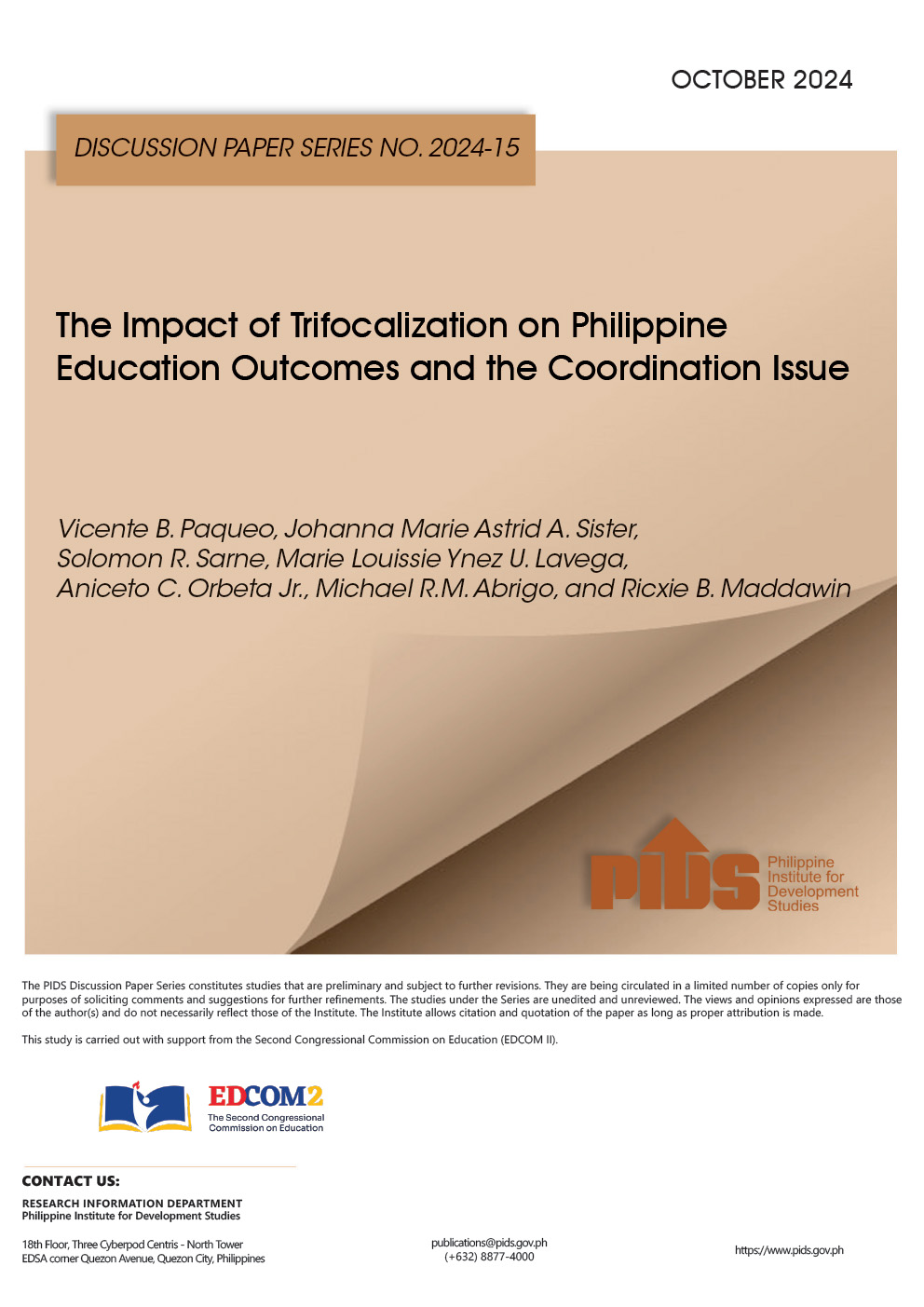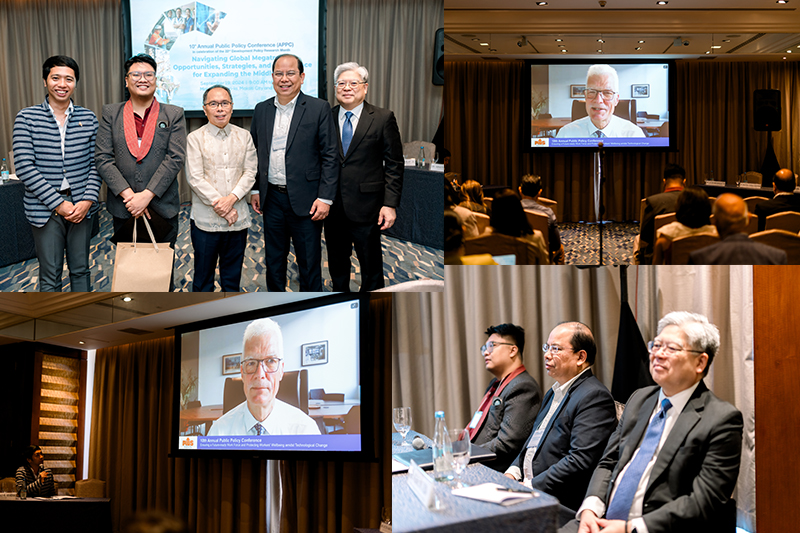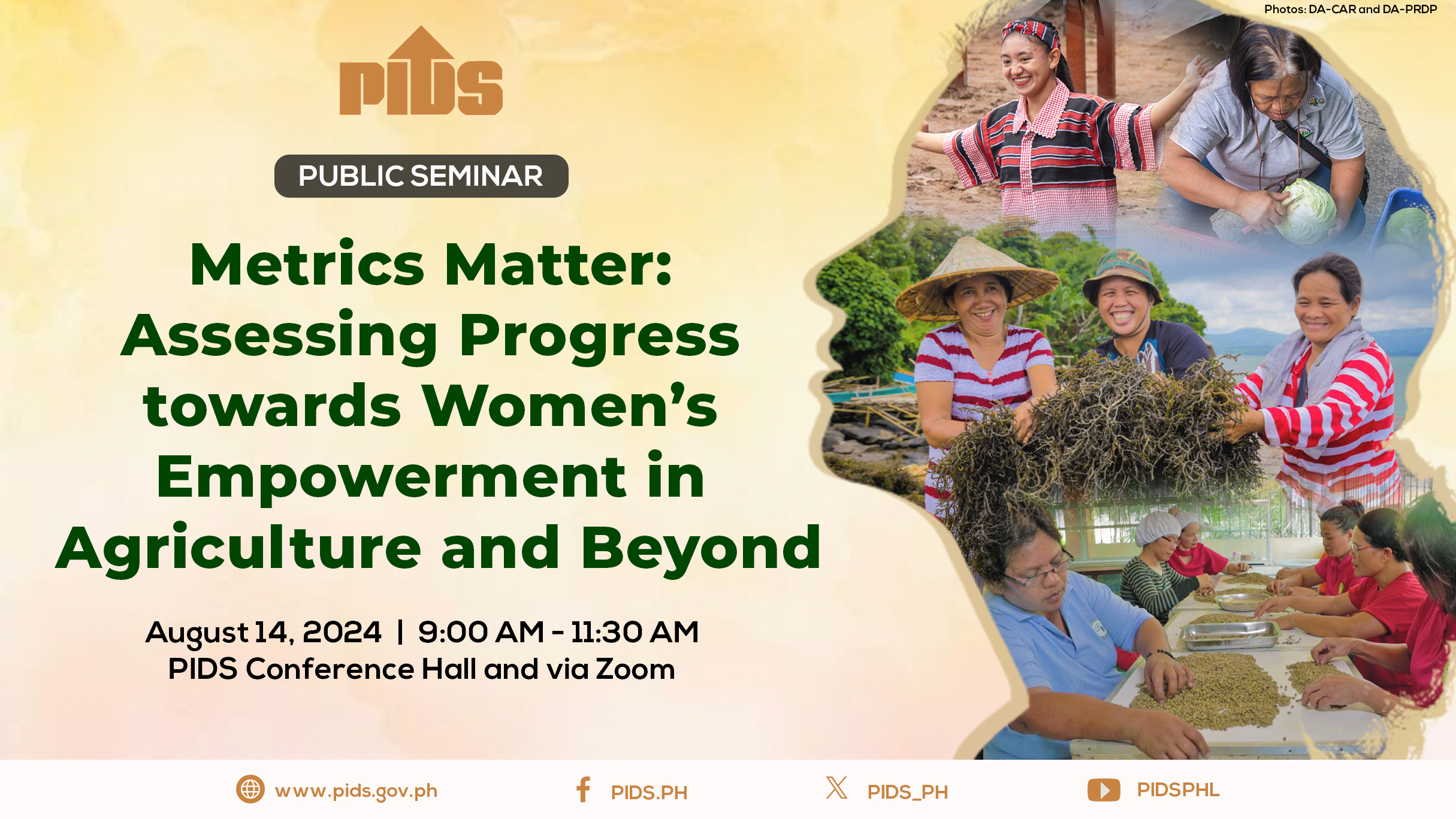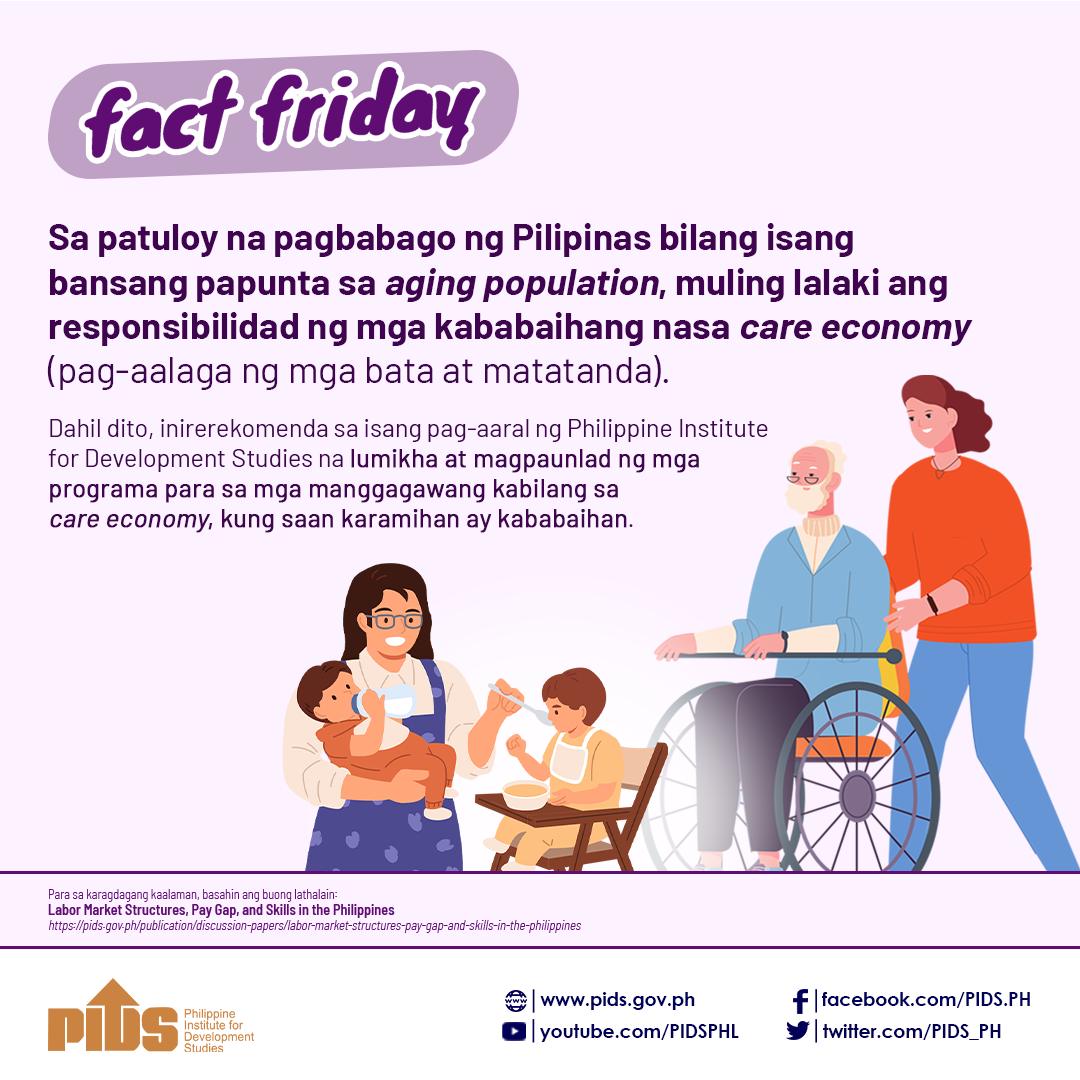A STUDY conducted by state think tank Philippine Institute for Development Studies (PIDS) revealed that women are more likely to embrace online work due to the flexibility it provides.
PIDS senior research fellow Connie Bayudan-Dacuycuy and research analyst Lora Kryz Baje in their published report said platform work has the “potential to help women reconcile the age-old conflict between unpaid work and market work” and can help achieve the sustainable development goal targets on women empowerment and gender equality.
“Skills development and training systems that enable workers to develop the requisite skills in any work arrangement is crucial. The government can leverage digital platforms to efficiently bring together markets for skills and training,” the authors said.
The study cited existing government programs that seek to enhance the digital skills of Filipinos, which include the Department of Information and Communications Technology’s digitaljobsPH program, Philippine Qualifications Framework and the Philippine TalentMap Initiative of the Department of Labor and Employment.
Bayudan-Dacuycuy and Baje cautioned the government should implement reforms to help bridge gender gap that is present even in platform work. The authors explained that without policies and programs in place, the gender skills gap is likely to remain, and worse, widen.
The study also bared the need to ensure workers’ protection against market uncertainties.
“One way to do this is to link training and social protection systems, a potential starting point of which is an unemployment insurance that not only provides minimum income while unemployed but also covers reskilling/upskilling and training cost to facilitate movement in-between jobs,” it said.
Bayudan-Dacuycuy and Baje said that in addition to noncontributory schemes to finance universal social protection, the government should provide workers with good and reliable child care services that coincide with office schedule, institutionalize a four-day workweek and implement work-from-home schemes for those whose tasks can be done offsite.
The authors also urged the Philippine Statistics Authority to collaborate with various government agencies in spearheading data collection to better understand the benefits and challenges of working online.
Many companies have shifted from on-site to online operations since the onset of the Covid-19 pandemic.
Women more inclined to work online – study

